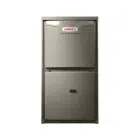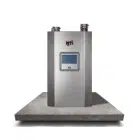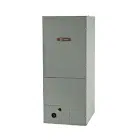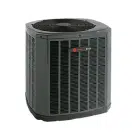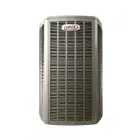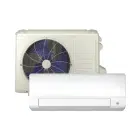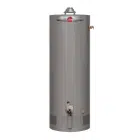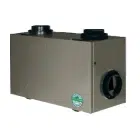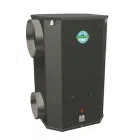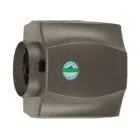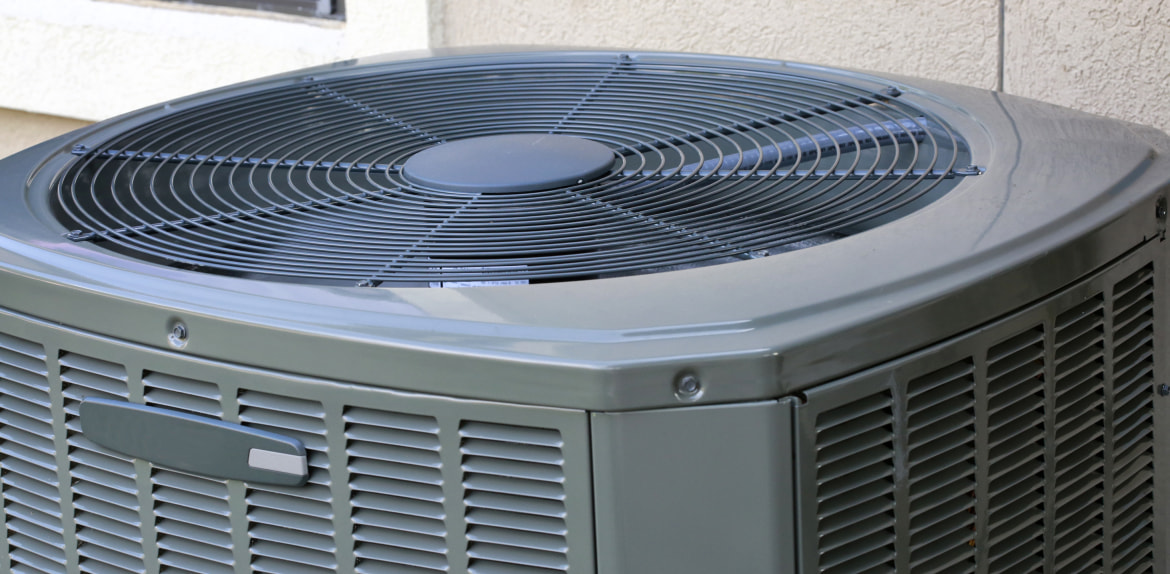
Table of Contents
In the sweltering heat of summer, your air conditioner is your haven, but choosing the right size can be a complex task. Too small, and it struggles to cool your space; too large, and it’s inefficient and costly. At HVAC Service Solutions, we’re here to simplify the process. This article will guide you through the nuances of buying a new air conditioner, ensuring your home remains cool and comfortable during Canada’s hottest seasons. Let’s embark on this journey to find your ideal air conditioner size.
Understanding the Basics: What Are the BTUs and SEER Rating
Before we embark on this journey to find the perfect AC size for your home, let’s start with some basics and demystify two essential terms: BTUs and SEER.
- BTUs (British Thermal Units): BTUs are a measure of how much heat an AC can remove from a room in an hour. The higher the BTU rating, the more cooling capacity the unit has. To determine the right BTU rating for your space, you’ll need to consider room size, climate, and insulation.
- SEER (Seasonal Energy Efficiency Ratio): SEER is a measure of an air conditioner’s energy efficiency. It represents the cooling output during a typical cooling season divided by the total electric energy input during the same period. In simple terms, a higher SEER rating indicates a more energy-efficient unit. Understanding SEER helps you balance cooling power with energy savings.
These two terms, BTUs and SEER, are essential in determining the right AC size for your home. Now, let’s explore how these concepts translate into practical decisions for your comfort and efficiency.
Why Choosing the Right AC Size Matters
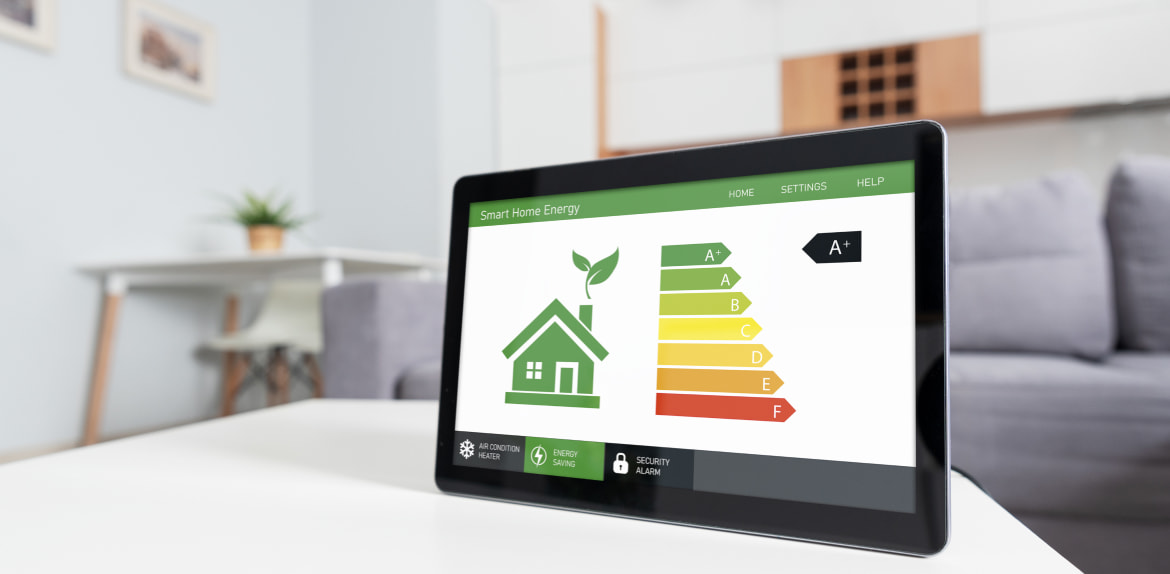
Choosing the right AC size isn’t merely about comfort; it’s about achieving an ideal balance between comfort, efficiency, and savings. Let’s explore why it matters:
1. Comfort: Imagine a scorching summer day in Canada, and your AC unit is too small for your space. It struggles to keep up with the heat, leaving your home feeling uncomfortably warm and muggy. On the flip side, an oversized AC cools your space quickly but doesn’t run long enough to remove humidity, leaving you with a cold, clammy environment.
2. Energy Efficiency: Efficiency translates directly to savings. An undersized unit runs constantly, consuming excess energy and inflating your utility bills. Conversely, an oversized unit may cycle on and off frequently, leading to higher energy consumption and more wear and tear on the system.
3. Lifespan and Maintenance: Air conditioners that work too hard due to incorrect sizing are prone to premature wear and breakdowns. Repairs and replacements are costly. When you choose the right size, your AC unit operates as intended, extending its lifespan and reducing maintenance expenses.
4. Environmental Impact: An oversized AC generates more greenhouse gas emissions due to its increased energy consumption. By selecting the appropriate size, you contribute to a more sustainable environment.
In the next part of our guide, let’s consider the factors that influence AC size to ensure your home remains a cool haven without breaking the bank.
Find out more about choosing the perfect air conditioning unit for your specific cooling needs in our previous article via the link below.
https://thehvacservice.ca/how-to-choose-air-conditioner-in-canada/
Factors Affecting AC Size
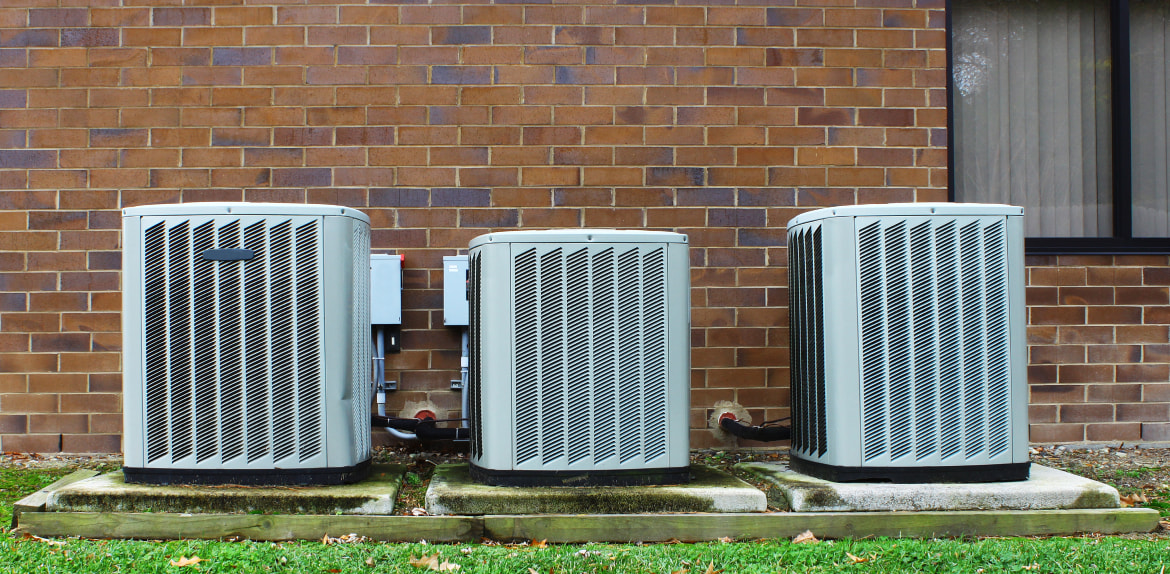
To ensure your air conditioner is the perfect fit for your home, it’s essential to consider various factors that influence its size. Let’s delve into the most critical elements:
Room Size and Layout
The square footage of your space and its layout play a significant role in determining the AC size you need. Larger rooms require more cooling capacity, while room layout affects airflow and temperature distribution. Accurate measurements and considerations of room dimensions are key.
Climate and Weather Conditions
The Canadian climate varies widely, from the frigid winters of the north to the humid summers in the south. Understanding your local climate and how it impacts your cooling needs is crucial. Areas with long, hot summers may require a larger AC to maintain comfort.
Insulation and Sealing
The efficiency of your home’s insulation and sealing affects the cooling load. A well-insulated and tightly sealed home requires less cooling capacity, leading to energy savings. On the other hand, poor insulation increases the load on your AC system.
Occupancy and Heat-Generating Appliances
The number of people living in your home and the presence of heat-generating appliances contribute to the heat load. More occupants and appliances generate more heat, necessitating a larger AC unit to maintain comfort.
Reach out to HVAC Service Solutions to get professional help with choosing the proper air conditioner size for your Canadian home.
How to Calculate the Right AC Size for Your Home

Now that we’ve explored the factors influencing your AC size, it’s time to roll up our sleeves and calculate the precise cooling capacity your home needs. We’ll provide expert guidance and useful tips to help you make informed decisions about buying a new air conditioner.
- Consider Shading: If your room is heavily shaded, you can reduce the cooling capacity by 10%. Shaded environments naturally require less cooling power. On the other hand, if your room gets a lot of direct sunlight, consider increasing the capacity by 10%. Sunlight can increase the heat load significantly.
- Account for Room Function: Different rooms have varying cooling needs. For bedrooms, you can typically aim for slightly lower capacity, while living areas may require a bit more cooling power. We will discuss it in more detail in our next section.
- Calculate Total BTUs Needed: To calculate the total BTUs needed for your space, multiply the square footage of each room by 25. This gives you a rough estimate of the cooling capacity required.
- Consult HVAC Professionals: For the most accurate calculation, consult with HVAC professionals like HVAC Service Solutions. We have the expertise and tools to perform load calculations, taking into account all the specific factors that influence your AC size.
Now, let’s take a look at a handy table that provides a quick reference for AC sizing based on home size.
Home Size | AC Size (BTUs) | AC Size (Tons) |
|---|---|---|
Up to 1,000 sq ft | 18,000 – 21,000 BTUs | 1.5 – 2.0 Tons |
1,000 – 1,600 sq ft | 21,000 – 24,000 BTUs | 2.0 – 2.5 Tons |
1,600 – 2,300 sq ft | 24,000 – 30,000 BTUs | 2.5 – 2.5 Tons |
2,300 – 3,000 sq ft | 30,000 – 36,000 BTUs | 2.5 – 3.0 Tons |
3,000 – 4,000+ sq ft | 36,000+ BTUs | 3.0+ Tons |
Use this table as a starting point for your AC size calculations based on your home’s square footage. However, remember that individual factors, as discussed earlier, may necessitate adjustments to these estimates for a more precise calculation.
Find out how you can save up to $7800 on your new air conditioner unit with Government Rebate Programs in Ontario.
AC Sizing by Room Type: Tailoring Your Cooling Needs

Different rooms serve different purposes in your home, and as a result, their cooling requirements can vary. Let’s explore AC sizing recommendations for various room types:
Bedrooms
Bedrooms are often used for rest and relaxation. To maintain comfort, consider a slightly lower cooling capacity:
- For a small bedroom (100 to 300 sq ft), a 5,000 to 7,000 BTU unit (0.4 to 0.6 tons) should suffice.
- Medium-sized bedrooms (300 to 500 sq ft) may require 7,000 to 10,000 BTUs (0.6 to 0.8 tons).
Living Rooms
Living areas are typically more active spaces. To accommodate gatherings and activities, opt for slightly higher cooling capacity:
- For a small living room (150 to 300 sq ft), consider a 7,000 to 10,000 BTU unit (0.6 to 0.8 tons).
- Larger living rooms (300 to 600 sq ft) may benefit from 10,000 to 14,000 BTUs (0.8 to 1.2 tons).
Kitchens
Kitchens tend to generate heat from cooking appliances. It’s essential to size your AC accordingly:
- For small kitchens (100 to 200 sq ft), 5,000 to 7,000 BTUs (0.4 to 0.6 tons) should suffice.
- Larger kitchens (200 to 400 sq ft) may need 7,000 to 10,000 BTUs (0.6 to 0.8 tons).
Home Offices
Home offices often require precise temperature control for productivity:
- For a small home office (100 to 200 sq ft), 5,000 to 7,000 BTUs (0.4 to 0.6 tons) should be suitable.
- Larger home offices (200 to 400 sq ft) may benefit from 7,000 to 10,000 BTUs (0.6 to 0.8 tons).
Open-Concept Areas
Open-concept spaces combine multiple room functions. Total square footage matters, so consider the overall size and divide accordingly based on the room types within the space.
Room Type | Room Size | Recommended AC Size (BTUs) | Recommended AC Size (Tons) |
|---|---|---|---|
Bedrooms | Small (100-300 sq ft)
Medium (300-500 sq ft) | 5,000 – 7,000 BTUs
7,000 – 10,000 BTUs | 0.4 – 0.6 Tons
0.6 – 0.8 Tons |
Living Rooms | Small (150-300 sq ft)
Large (300-600 sq ft) | 7,000 – 10,000 BTUs
10,000 – 14,000 BTUs | 0.6 – 0.8 Tons
0.8 – 1.2 Tons |
Kitchens | Small (100-200 sq ft)
Large (200-400 sq ft) | 5,000 – 7,000 BTUs
7,000 – 10,000 BTUs | 0.4 – 0.6 Tons
0.6 – 0.8 Tons |
Home Offices | Small (100-200 sq ft)
Large (200-400 sq ft) | 5,000 – 7,000 BTUs
7,000 – 10,000 BTUs | 0.4 – 0.6 Tons
0.6 – 0.8 Tons |
Open-Concept Areas | Total Sq Ft Matters | Consider the overall size and divide accordingly based on the room types within the space. |
To ensure the most accurate AC size for each room, consider consulting with our professional who can perform a comprehensive load calculation based on your unique requirements.
Conclusion
In the quest for a cool and comfortable home during sweltering Canadian summers, choosing the right AC size emerges as a pivotal decision. It’s about finding that sweet spot where your comfort is optimized, energy efficiency is maximized, and savings are substantial.
At HVAC Service Solutions, we’re dedicated to helping you navigate this journey and maintain AC services. Whether it’s selecting the perfect AC size, conducting precise load calculations, or ensuring expert installations, our team stands ready to assist. Trust us to lead you to the ideal cooling solution, because your path to comfort begins with us.
Share

